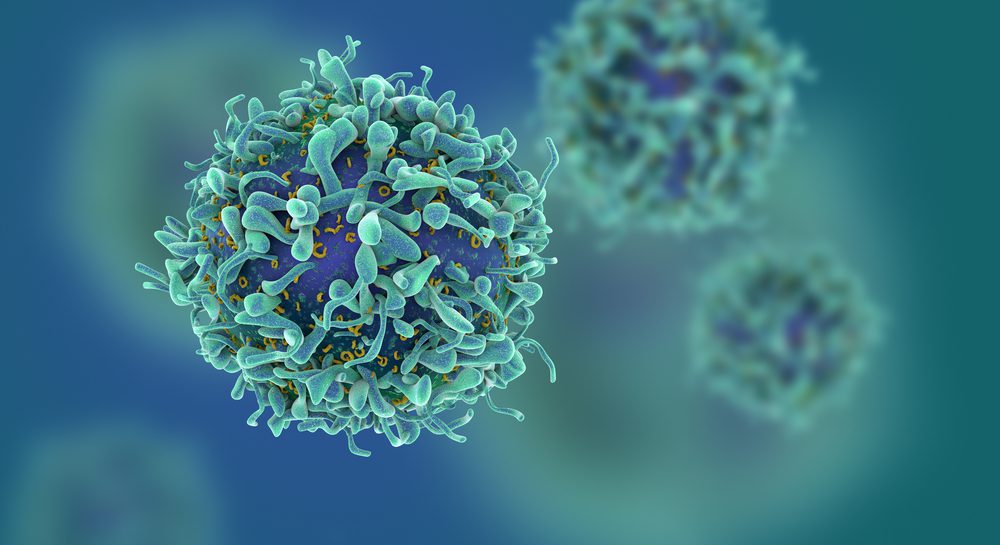When the heart can’t pump enough blood to cover the body’s needs, this is known as heart failure.
According to the Centers for Disease Control and Prevention, more than 6 million adults in the United States are affected by heart failure.
Heart failure is not the same as cardiac arrest which involves the heart effectively stopping beating, leading to unconsciousness and death if not actioned promptly on the person.
As a congestive problem, heart failure can affect the other organs and represents a huge threat to life over time. It needs to be discovered as soon as possible for a person suffering from this condition to continue to have a normal lifestyle. Below you will find 9 important signs you should pay attention to.

Signs of heart failure in breathing
▪ Breathing problems while lying flat
It’s essential to consult a doctor when you realize that sitting on your back in a flat position brings discomfort and the impossibility of breathing properly. Breathing problems while lying flat are known as orthopnea. This manifests as a difficult way of breathing and discomfort.
The causes of this condition can be multiple: lung disease, obesity, or heart failure. People experiencing orthopnea are trying to find comfortable positions for themselves to breathe properly, by choosing an upright position for sleep or propping themselves up with pillows.
If you experience this or you know someone who frequently shifts positions in search of comfort to simply breathe, please take into consideration a medical checkup.
▪ Chronic cough
Even if chronic coughing is not a direct symptom, it can sometimes be associated with heart failure. This condition is called pulmonary congestion, or edema, and represents the fluids building up in the lungs as a consequence of the heart’s inability to pump blood effectively.
The heart’s capacity to pump blood is weakened due to conditions like high blood pressure, coronary artery disease, or damage to the heart muscle. Because the heart struggles to pump blood efficiently, fluids can accumulate in the lungs. This leads to symptoms like shortness of breath, especially when lying down or doing physical activity.
Other than heart failure, chronic coughing may also be a symptom of respiratory infections, GERD (gastroesophageal reflux disease), asthma, or allergies. Imaging tests and cardiac evaluation are necessary in these conditions. This is how you find out the source of the chronic coughing and you will get the guidance and the right treatment.
▪ Choking sensation
As we explained, in heart failure, the heart’s ability to pump blood functionally is compromised, which causes fluid buildup in various parts of the organism, including the lungs. The accumulation interferes with oxygen exchange, leading to different breathing problems.
The choking sensation also comes from the accumulation of liquid in the lungs, which can lead to breathing difficulty and a sensation of pressure and tightness in the chest, resembling the choking sensation. The sensation may appear especially when lying down or during physical exertion.
As in the coughing case, this may also be the cause of other conditions, such as asthma, anxiety, GERD, or respiratory infections. If someone experiences these symptoms, they should go for a medical evaluation to find out the exact cause and have the right treatment provided.

Sweating
The body perceives the lack of oxygen as stress and creates symptoms of anxiety such as sweat.
Our body goes into overdrive when we are sick or stressed, so our heart starts to beat faster and our blood pressure goes up.
During critical illness, when hormones called catecholamines reduce the blood flow to our stomach and intestines, the body’s natural response to danger is especially obvious.
The hormones also have the role of shifting our blood around, making sure the brain has enough pressure to function properly.
This is the moment when our body gets into “fight or flight” and the sympathetic nervous system kicks in.
This can happen in usual contexts, like when the blood sugar level gets low, when we lose a lot of blood, when we can’t breathe, or when we push our limits in exercising. So, these hormones are not released only in heavy cases of heart failure, but we should still pay attention to the signs.
Another hormone is epinephrine. This also induces reactions like wanting to run away, getting fear-frozen, or getting aggressive. Any sudden change of behavior deserves our attention.
Signs of heart failure on the skin
▪ Skin discoloration
A change in the tone of your skin, or more specifically, a bluish color at the tips of your fingers, is a sign there is not enough oxygen provided for the endpoint areas, so there are blocked vessels that confirm the blood doesn’t have normal circulation.
▪ The Royal Blue Vessels
Another sign you should take into consideration is the web-like appearance of the blood vessels.
A thing to remember is that they are normally visible when we are feeling cold or our skin is cold, but at the moment we warm up, they should dissipate. What is actually worrying is the constant aspect of these vessels that can be caused by blockages of the small arteries.
Swollen feet
This is another consequence of poor blood circulation that leads to fluid buildup in the lower extremities due to gravity: ankles, legs, or feet. Heart failure can have an impact on the lymphatic system as well. The ability to drain and remove excess fluids can be diminished, contributing to edema and, more specifically, swollen feet.
A cause of fluid retention may also be a kidney’s response to decreased blood flow along with other hormonal changes. The combination of sodium and water will lead to fluid accumulation in the tissues.
Swollen feet as a result of heart failure can also get worse in times of physical inactivity or when the individual stands on their feet for too long.
The person may also experience fatigue or other symptoms, so, especially in these cases, it’s absolutely essential to seek medical evaluation. Even if the heart functions correctly, there is medication for reducing fluid retention, guidance for lifestyle changes, and other ways to reduce the unpleasant feeling of swollen feet.
If you’re interested in how to get a healthier lifestyle for your heart and overall well-being, this book may help you.

Erectile Dysfunction (ED)
There is a list of common risk factors like obesity, diabetes, and high blood pressure, both in heart issues and ED. A heart issue affects blood pressure all over the body, causing ED.
On the flip side, individuals with ED may have an increased risk of developing cardiovascular events in the future. Given the interrelation between these two conditions, it’s essential to manage the risk factors and adopt a heart-healthy way of living.
Leg pain
Leg pain can be associated with heart failure, especially PAD, or peripheral artery disease. This means the arteries reduce blood flow to the limbs, most likely the legs. Reduced blood flow brings pain, cramping, and weakness, especially during physical activity.
The condition that connects leg pain with heart issues is atherosclerosis, which involves the buildup of plaque in the arteries.
Experiencing leg pain requires a medical evaluation to identify the underlying cause.
Furthermore, discomfort due to fluid retention, causing swelling and heaviness, may not directly indicate PAD but can still result from heart dysfunction.
It’s crucial not to ignore signs of heart failure. Early detection and intervention can have amazingly improved outcomes. Symptoms such as fatigue, swelling of body parts, persistent coughing, or dysregulation of breathing should not be overlooked.
Looking for medical support promptly helps to prevent complications and results in a higher overall quality of life.
More on health tips can be found here.

























